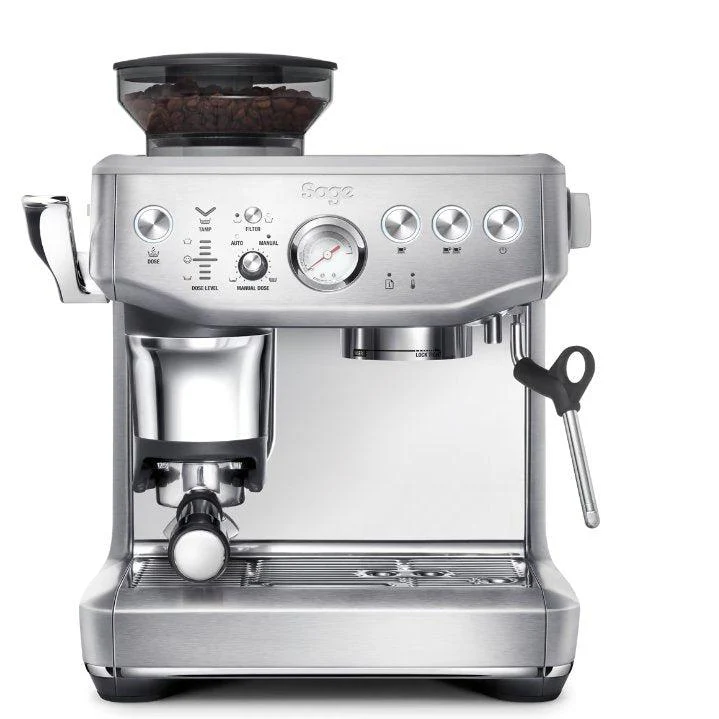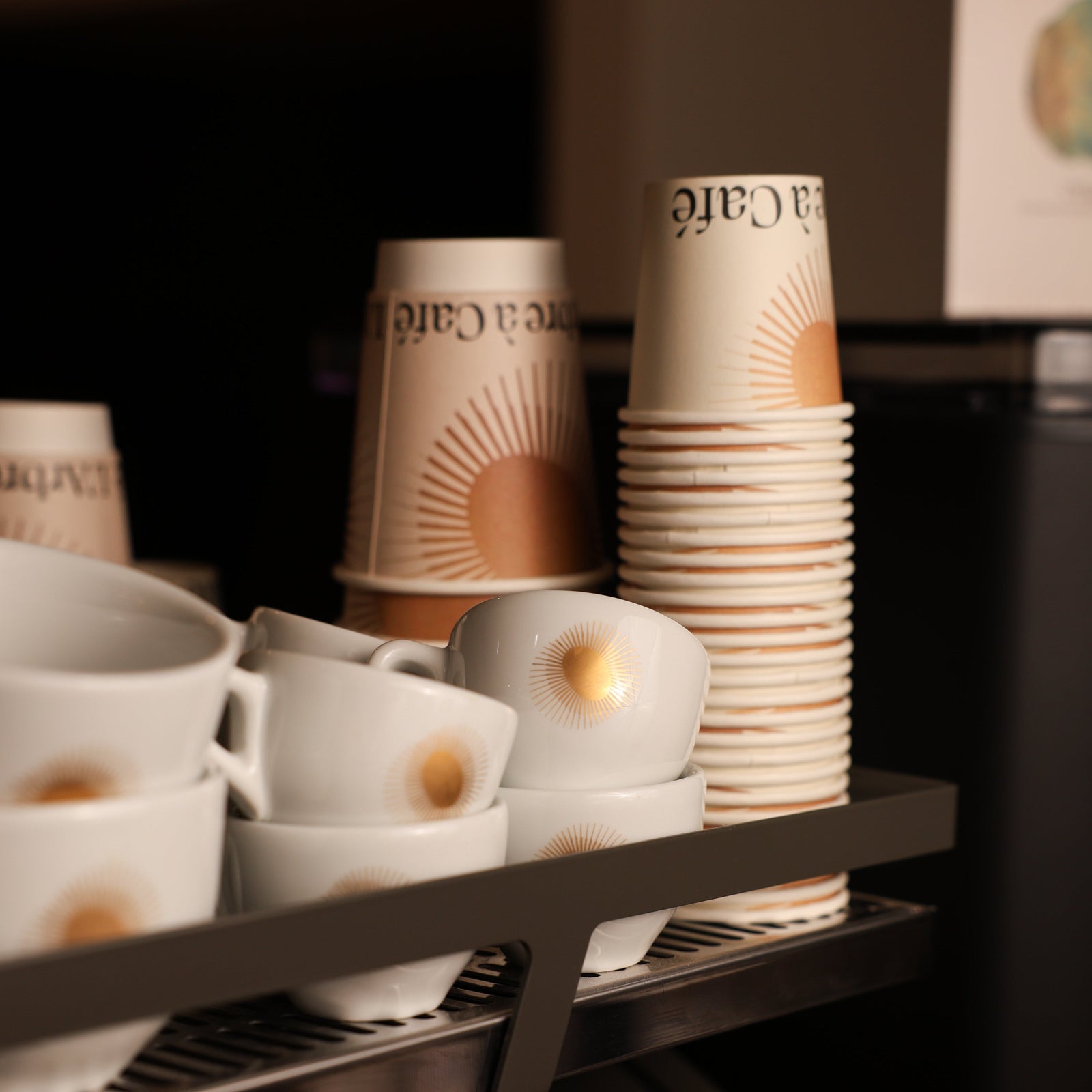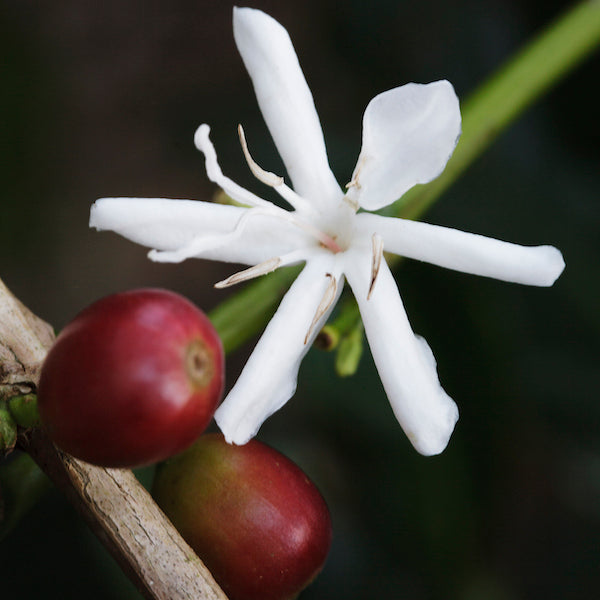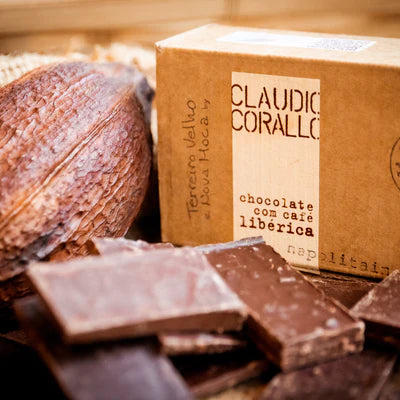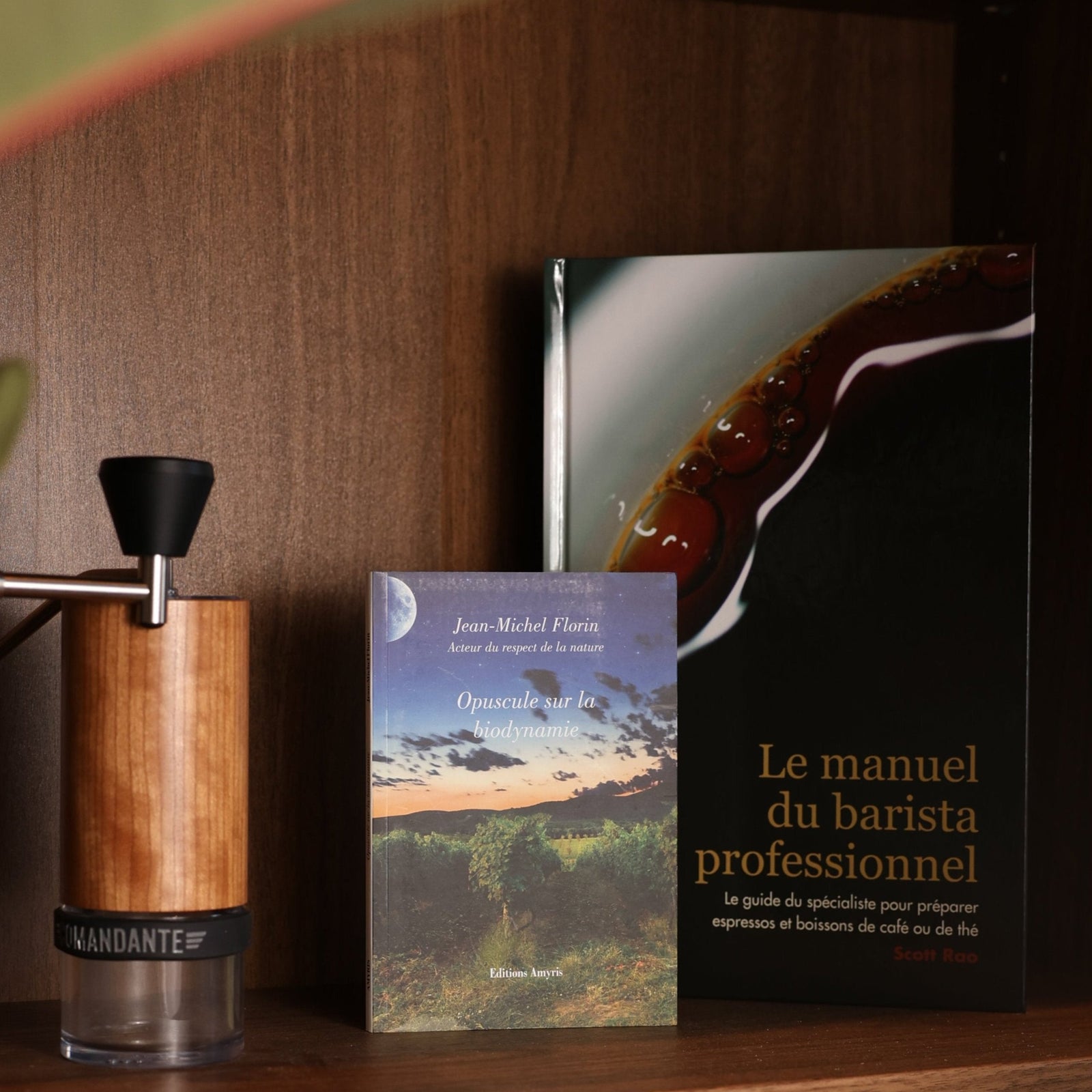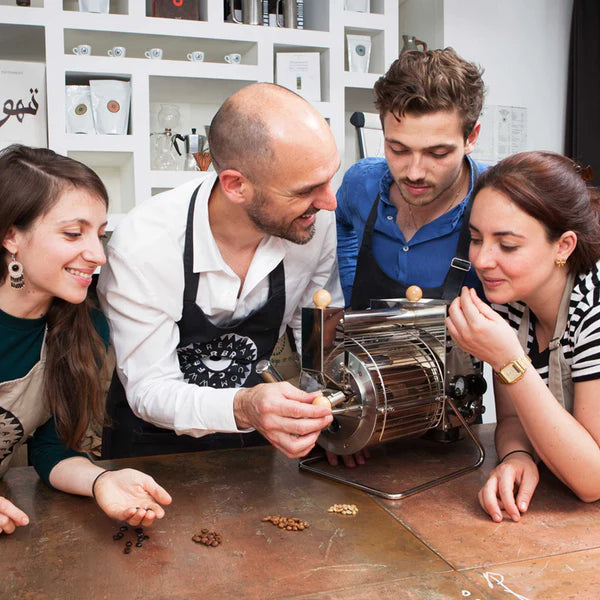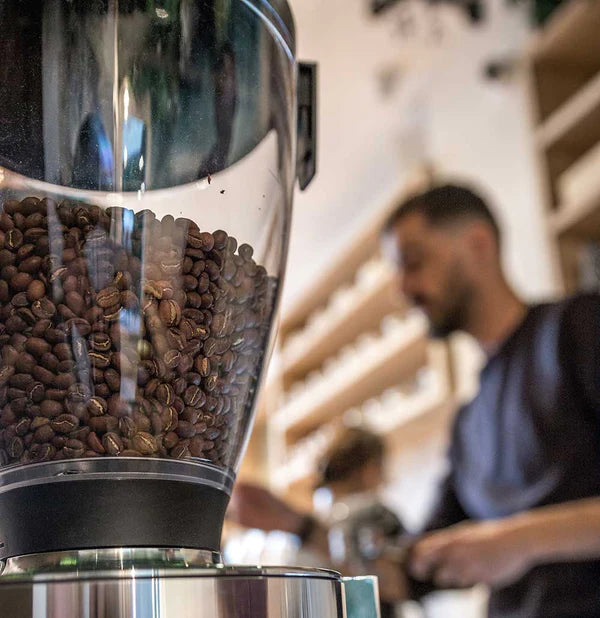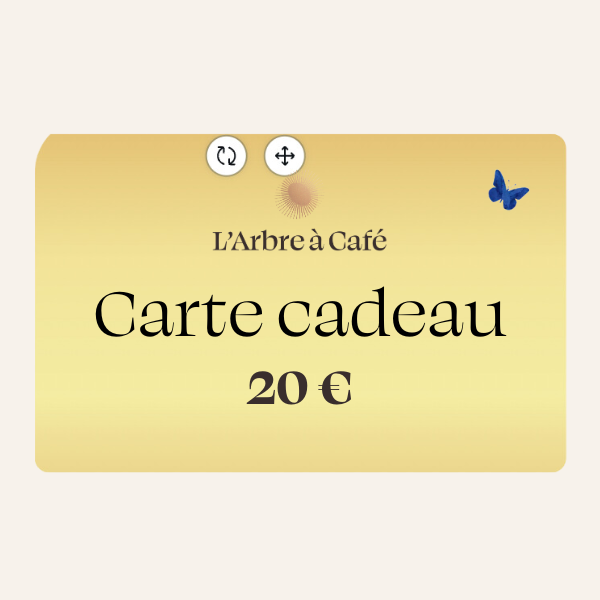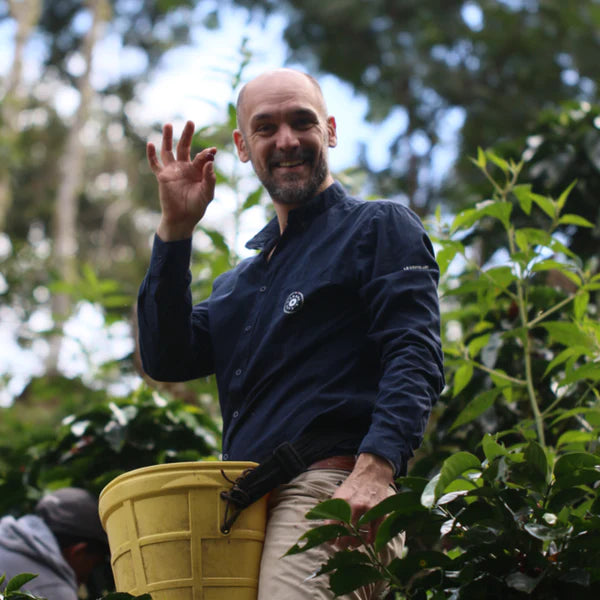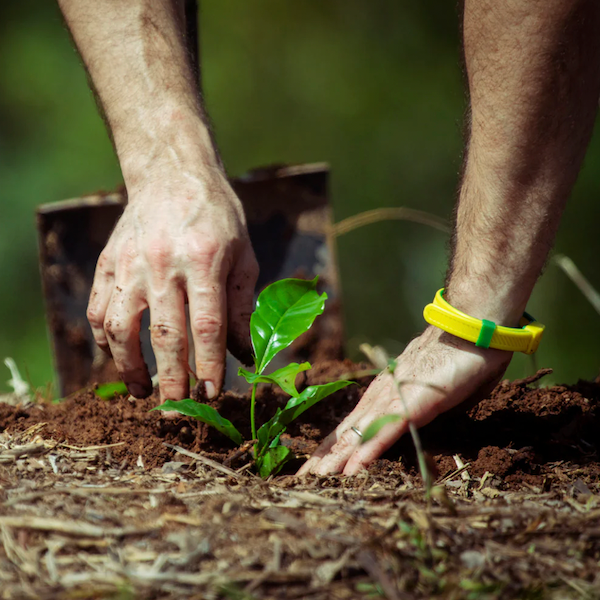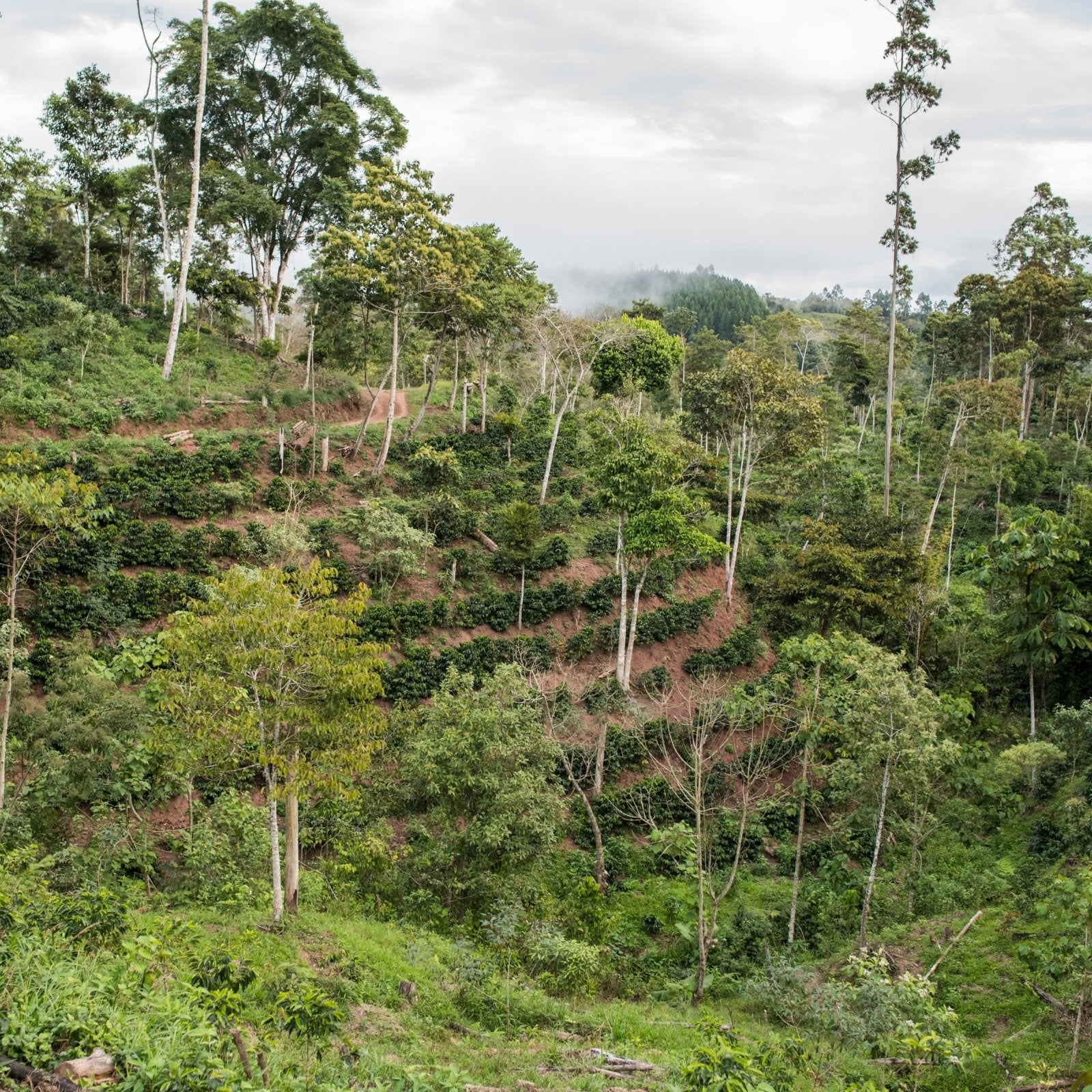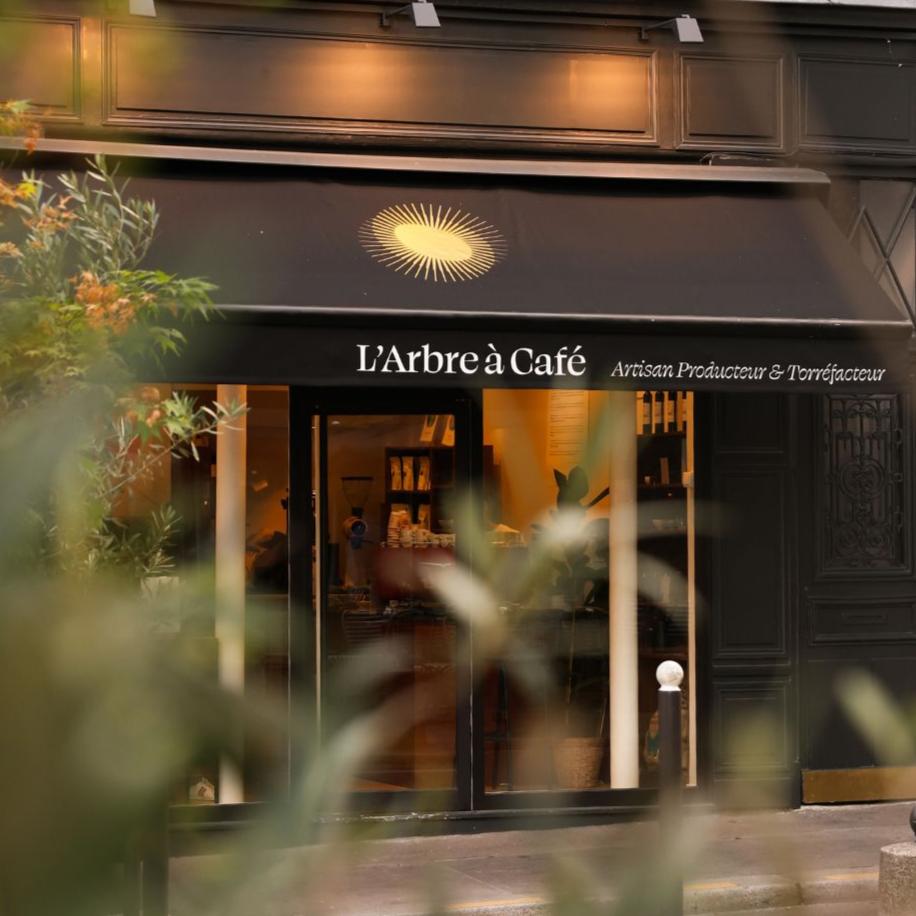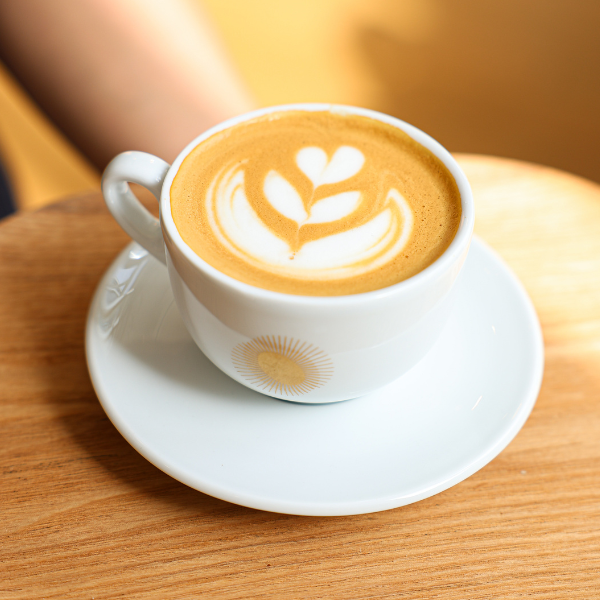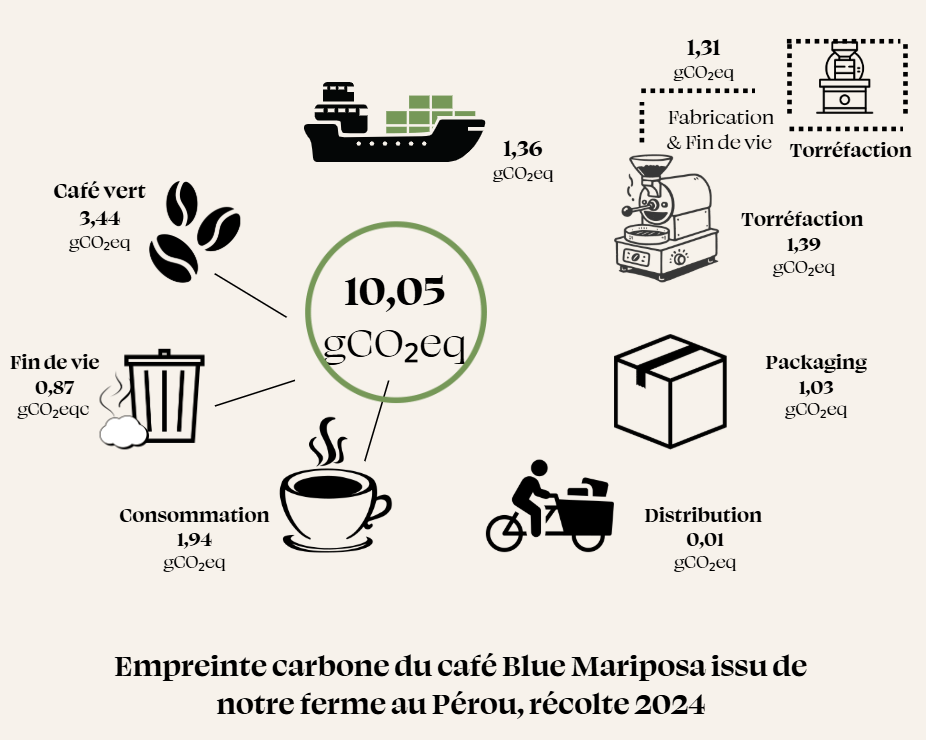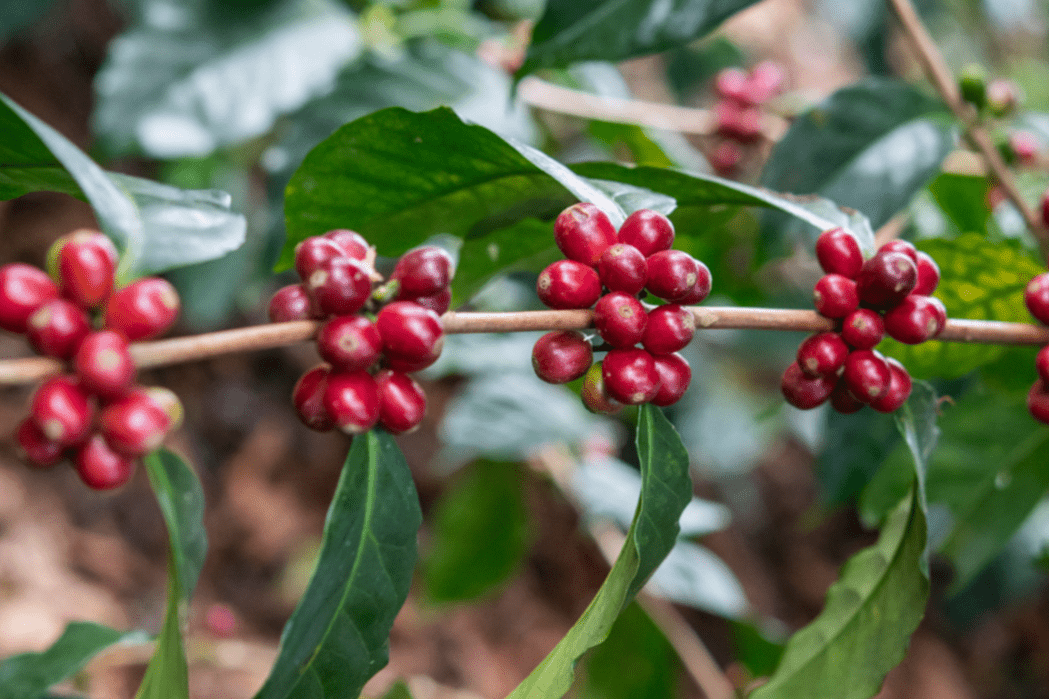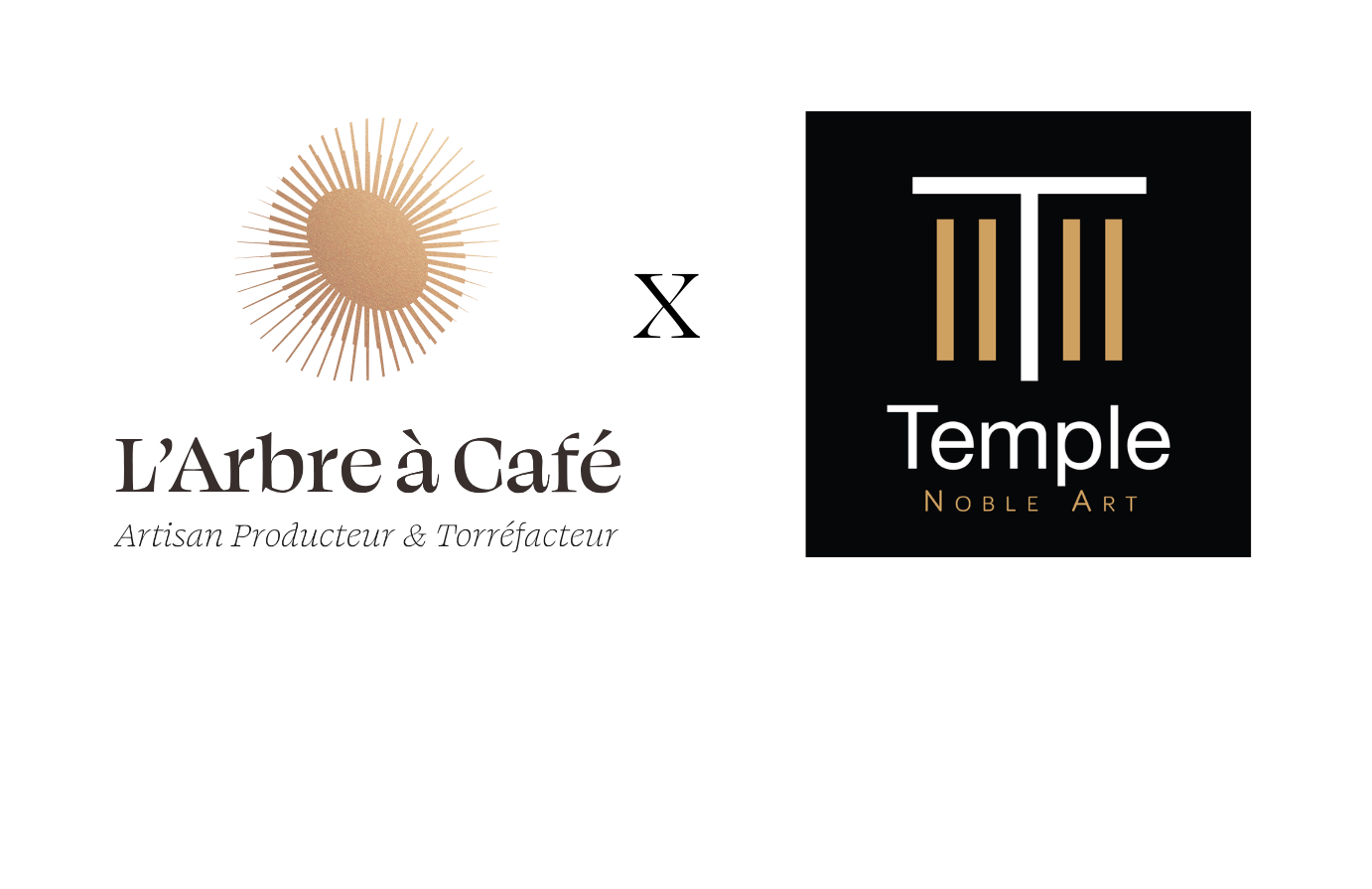Every year, in the heart of winter, a wine tasting of exceptional winemakers takes place at the Grenier Saint Jean in Angers.
It is organized by La Renaissance des Appellations, one of the major associations of quality winemakers, and one of the largest groups of biodynamic winemakers in the world, along with Demeter, the certifier, and Biodivin.
Each year, L'Arbre à Café has the honor and the joy of joining this hundred or so winemakers, many of whom come from the Loire region, to promote the New French Art of Coffee and to carry the colors of high quality coffee high.
La Renaissance des Appellations was founded in 2001 in France and today has nearly 200 winemakers in more than 13 countries around the world.
This shows how fast it was successful, and how convincing its charter is.
All its members are co-opted unanimously, after tasting, and are integrated into a three-stage process. The first step is to conduct certified organic farming, free of any chemical input, the second step is to prohibit any oenological intervention and particularly exogenous yeasting (i.e. the addition of dehydrated yeast bought in a laboratory, which is the practice of the vast majority of winegrowers today) or osmosis or the addition of wood, the third step is to be in biodynamics.

The fundamental work of La Renaissance des Appellations is therefore to guarantee and promote the ultimate expression of terroir, based on the diversity of terroirs and the quality of the wine, and therefore on the purest possible work in the vineyard and in the cellar. This challenge, which has been led for a long time by a number of winegrowers, took shape at the beginning of the 2000s, after two decades of oenological revolution, i.e. bio-chemical viticulture and vinification, leading to a certain standardization of tastes, due more to oenological interventions than to the identity of a soil and its micro-climate.
The founding members such as Olivier Humbrecht, Anne-Claude Leflaive, Pierre Morel, Philippe de Blicquy, David Leclapart, Raymonde de Villeneuve or Nicolas Joly, all work in their respective domains to this ultimate expression of the terroir and its micro-climate.
Let's mention Nicolas Joly, author of many major works on biodynamic viticulture, who is the tutelary and media figure of this group, and the happy owner of the only domain, that of the Coulée de Serrant in Savennières, which constitutes an AOC in itself:
"The taste of wine can naturally reach its originality and become inimitable only through the imprint of its terroir and its microclimate. Everywhere on Earth the ratio of the 4 components: heat, luminosity, hydrometry and geology are married differently. This is the subtlety of the AOC that the plant, vine, olive tree etc., grasps each time in its own way.
It is from this understanding that the greatness of the appellations was born, guaranteeing consumers a taste linked to the originality of a particular place.
In order for a vine to understand its terroir (mineralogy of the soil and subsoil, orientation of the slopes, ...) through its roots, it must be alive and therefore free of weedkillers. And to capture the climate and its multiple variants (wind, sunshine, humidity, ...) the plant must develop in the most natural way possible. In particular, the leaves must be free of synthetic chemicals that disturb the photosynthesis and the whole development of the living plant.
When a healthy agriculture (biology or biodynamics) has allowed, instead of expressing itself, the cellar technologies and the arbitrary tastes they can generate become useless and harmful to this expression. The wine then keeps its original taste and its capacity for aging, with total transparency for the consumer."
For L'Arbre à Café, the friendship with La Renaissance des Appellations and the participation in the annual Grenier Saint Jean tasting are obvious.
First of all, because two of the producers with whom we have been working since our origins: Claudio Corallo in Sao Tomé, and Henrique Sloper in Brazil are the only two non-winegrower members of Renaissance. We therefore represent them or accompany them there.
Secondly, because L'Arbre à Café promotes sustainable coffee growing, commits its producers to obtaining recognized certifications, accompanies them in biodynamic farming, and produces mono-varietal, mono-parcel and mono-fermentation coffees: the ultimate expression of the terroir, understood as Burgundian climates or Alsatian plots.
Finally, because Renaissance des Appellations is a formidable matrix of progress made of intense exchanges between its members around techniques, meaning and life.

